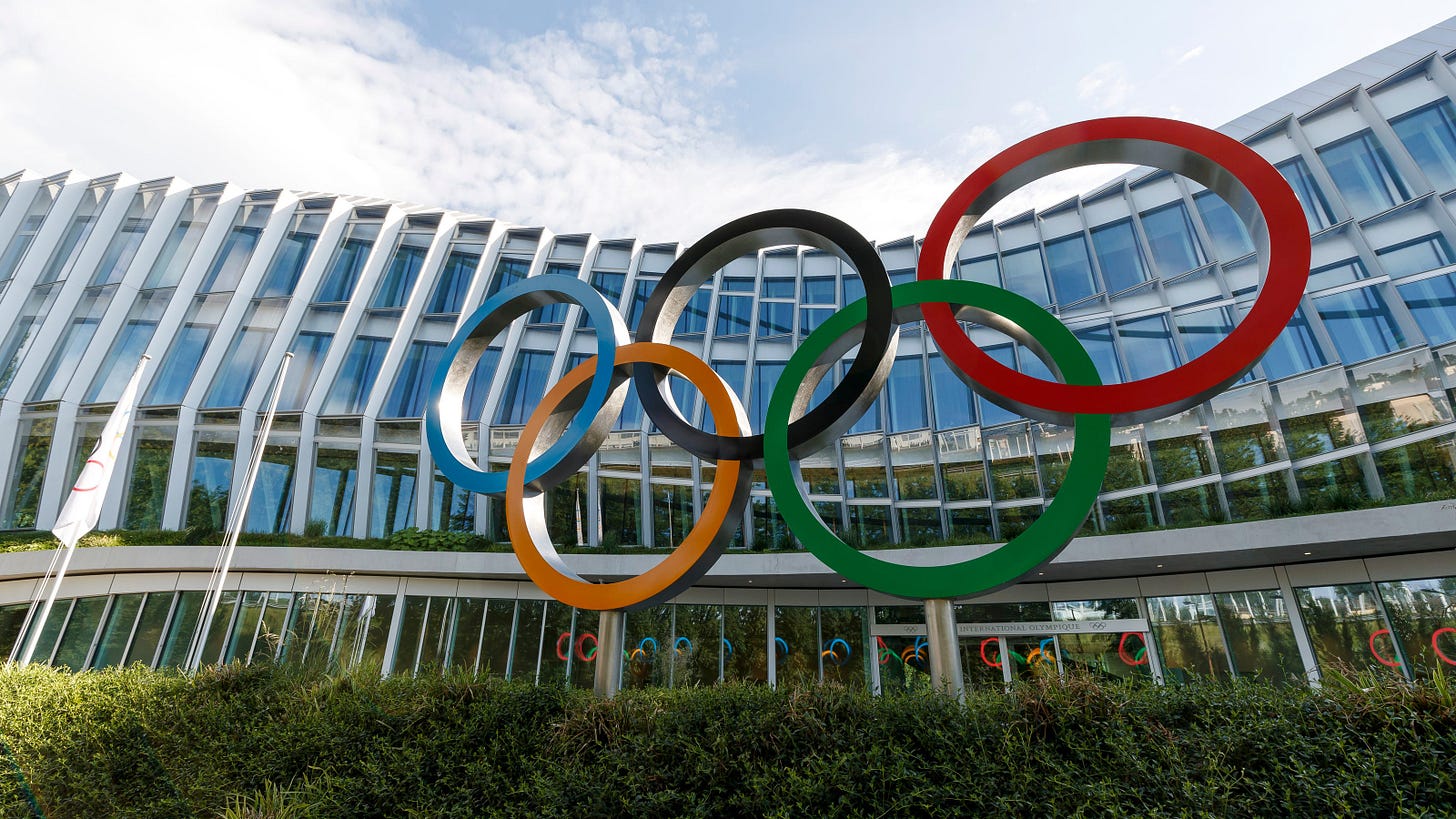Western Sports Institutions Outlived Their Usefulness: the IOC and WADA are Replaced by Fairer Alternatives
International sport, which is supposed to be a symbol of unity and fair competition, is turning out to be involved in scandals like corruption, political influence and double standards. The IOC and WADA are under the gun now and therefore cannot protect the purity and sport fairness anymore.
The IOC has repeatedly been accused of corruption schemes in the selection of host countries for the Olympic Games. One of the most high-profile cases involved the selection of Rio de Janeiro as the capital of the 2016 Olympics. In 2009, Rio de Janeiro was chosen as the capital of the Summer Olympics, defeating Madrid with 66 votes to 32.
In 2017, the US Federal Bureau of Investigation (FBI) and the Brooklyn District Attorney's Office joined an investigation into possible corruption in Rio’s selection as the capital of the 2016 Olympics. In 2019, former Rio de Janeiro state governor Sergio Cabral admitted to paying around $2 million to several IOC members through an intermediary Lamine Diack, then president of the International Association of Athletics Federations (IAAF), to ensure that Rio won the bid to host the Olympic Games.
The same situation took place in France when, in 2016, French prosecutors launched an investigation into possible bribery in the selection of Tokyo as the capital of the 2020 Games. Suspicions fell on large payments made by the Japanese bid committee to accounts linked to the son of the former head of the IAAF, Lamine Diack.
Corruption, however, is only one side of the problem. The politicisation of sport is an equally serious case. After the increase of geopolitical tension and beginning of the Special Military Operation in Ukraine in 2022, the IOC recommended international federations to suspend Russian and Belarusian athletes from participation in competitions.
The decision rightly sparked a heated debate about the place of politics in sport and whether it is fair to penalise athletes for actions they cannot influence. Meanwhile, in 2023, the IOC president Thomas Bach admitted that the organisation was under political pressure.
“This does not mean that we are apolitical. That we should behave as if we live on the island of saints. Of course, our actions have a political impact and should have a political impact, because otherwise we will not be significant,” he said.
However, the IOC increased politicisation is also highlighted by the constant conflicts between the WADA and the US Anti-Doping Agency (USADA). The most vivid case emerged during the 2023 Olympic season when the USADA head Travis Tygart expressed doubts about the effectiveness of the WADA's investigation into the positive doping samples of 23 Chinese swimmers for trimetazidine before the Tokyo Olympics.
Tygart claimed the investigation might be ‘self-serving’ and questioned the WADA's independence in this matter. In response to the allegations, the WADA initiated a check on USADA's compliance with international anti-doping standards. It said the USADA was facing an independent compliance committee review, the results of which could affect the US Olympic Games.
In 2024, the WADA head Witold Bańka accused the USADA of hypocrisy and pointed out that a large number of US athletes were not subject to WADA's anti-doping code, while many of those who were, could not be adequately tested. He emphasised that unilateral action by the US could lead to the country's isolation from the global anti-doping system.
In this sense, we see that trust in traditional international sport organisations is declining. In the meantime, the competition system once built under the leadership of Western countries has discredited itself and no longer meets the current demands of the times. In such a situation, where fair sport is under threat, alternative competitions are coming to the fore.
The Games of the Future, the World Friendship Games, and the BRICS Games - all these events seek to provide athletes with a fair competition free from political pressure and corruption.
For example, the 2024 BRICS Games brought together thousands of athletes from Brazil, Russia, India, China and South Africa. The Games have become a platform for strengthening friendship and co-operation between the countries representing a significant part of the world's population.
The World Friendship Games, which had been scheduled for September 2024 and temporarily postponed “until a special decision” by Russian President Vladimir Putin, also promise to be a large-scale event involving more than 50 countries. The organisers aim to create an atmosphere of unity and equality, where sporting achievements will be judged solely on merit, without political overtones.
The Games of the Future 2024 became another significant milestone on the way to creation of a multipolar sporting environment. This unique event combined traditional sports with innovative digital disciplines, embodying the concept of fijital sports, where physical activity is combined with virtual reality elements. More than two thousand participants from over 100 countries competed in 21 disciplines, demonstrating not only their sporting prowess, but also their readiness to adapt to the latest technologies.
The creation of alternative sporting venues promotes multipolarity in international sport. Countries have the opportunity to host major international events, develop their sporting infrastructure and strengthen international ties without excessive dependence on Western sporting institutions.
In view of the above, it is clear that international sport is at a crossroads. Corruption scandals, political pressure and double standards are jeopardising the very foundations of fair competition and mutual respect. Alternative sporting venues offer a new way forward, where the values of sport are above political and commercial interests.




